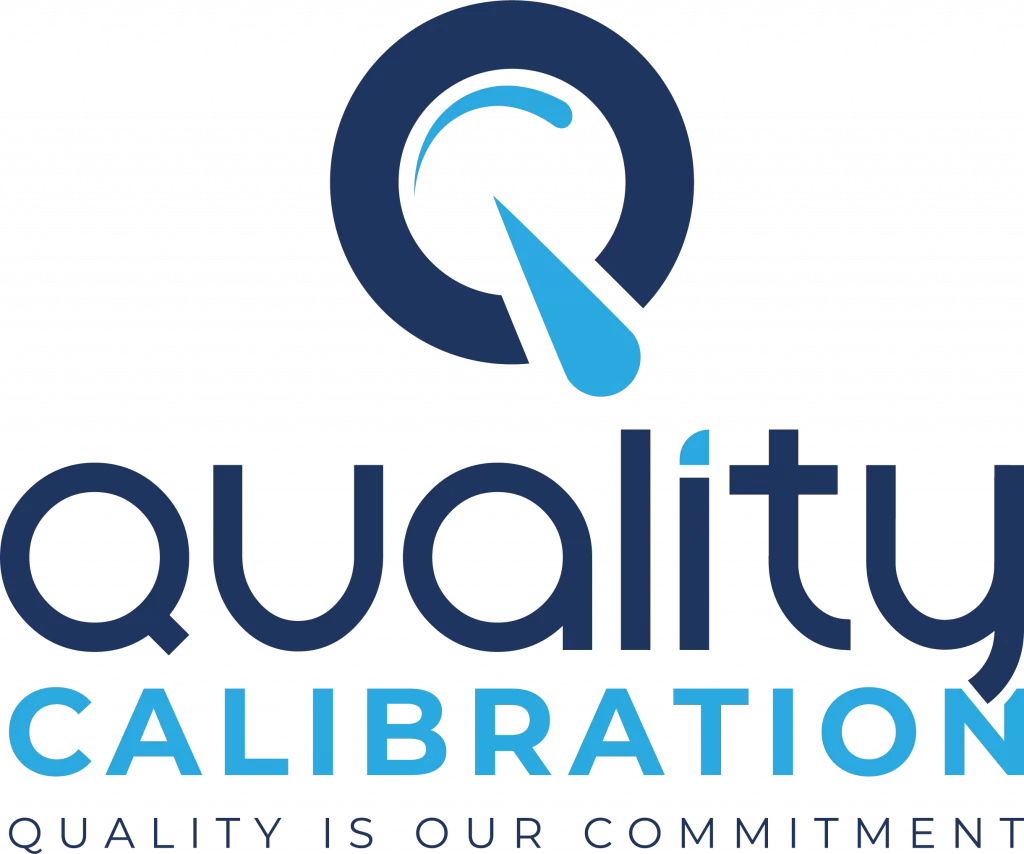Ensuring environmental control is a critical aspect of various industries, from manufacturing to healthcare. To guarantee accurate measurements and maintain quality standards, calibration laboratories play a pivotal role. In Bangladesh, calibration laboratories are stepping up to meet the needs of an evolving industrial landscape, focusing on environmental control. In this article, we will explore the essential aspects of Bangladeshi Calibration Laboratory Design, specifically tailored for environmental control.
Understanding the Importance of Calibration
Calibration is the process of fine-tuning and adjusting measurement instruments to ensure their accuracy and reliability. It is vital for environmental control because precise measurements of factors like temperature, humidity, and air quality are crucial for maintaining safe and efficient working conditions.
The Role of Calibration Laboratories in Environmental Control
Calibration laboratories act as the backbone for quality assurance in various industries, including those with a strong focus on environmental control. Here’s how they contribute:
1. Instrument Calibration
Calibration laboratories ensure that measurement instruments like thermometers, pressure gauges, and gas analyzers are accurate and reliable. This is crucial in maintaining environmental control in industrial settings.
2. Data Validation
Accurate environmental data is vital for regulatory compliance and decision-making. Calibration laboratories validate the data collected from various monitoring systems to ensure its precision.
3. Traceability
A well-designed calibration laboratory in Bangladesh adheres to international standards, ensuring traceability of measurements to recognized standards. This is essential for trust and credibility in the data generated.
Key Considerations for Designing a Calibration Laboratory in Bangladesh
Creating a calibration laboratory tailored for environmental control in Bangladesh requires careful planning and attention to detail. Here are some key considerations:
1. Location and Infrastructure
Selecting the right location and designing the infrastructure is the first step. The laboratory should be situated in a controlled environment to minimize external influences on measurements.
2. Equipment and Resources
Investing in state-of-the-art calibration equipment and resources is crucial. This includes reference standards, calibration software, and a well-trained team of experts.
3. Compliance with Standards
Ensuring compliance with international calibration and quality standards is non-negotiable. This includes ISO 17025 accreditation, which is globally recognized.
4. Environmental Control
To calibrate instruments accurately, the laboratory must maintain stringent environmental control. This involves monitoring and controlling factors such as temperature, humidity, and air quality.
5. Expertise and Training
A well-designed calibration laboratory should have a team of highly skilled experts who receive regular training to stay updated with the latest calibration techniques and technologies.
Benefits of Bangladeshi Calibration Laboratories for Environmental Control
A calibration laboratory specifically designed for environmental control in Bangladesh offers several advantages:
1. Precision and Accuracy
By ensuring the accuracy of measurement instruments, calibration laboratories help industries maintain precision in their environmental control efforts.
2. Compliance with Regulations
Industries that adhere to strict environmental regulations benefit from calibration services as they help ensure compliance and avoid costly penalties.
3. Improved Productivity
Accurate measurements reduce the margin of error in various processes, leading to improved productivity and resource utilization.
4. Enhanced Quality Control
Industries can maintain consistent product quality, reducing defects and customer complaints.
5. Environmental Sustainability
Environmental control, facilitated by precise measurements, contributes to sustainable practices and reduces the ecological footprint.
Challenges Faced by Calibration Laboratories in Bangladesh
Despite the numerous benefits, calibration laboratories in Bangladesh face certain challenges, including:
1. Infrastructure Constraints
Creating a controlled environment can be challenging due to limited resources and infrastructure constraints.
2. Awareness and Training
There’s a need for greater awareness about the importance of calibration and comprehensive training programs to produce skilled professionals.
3. Financial Barriers
Investing in state-of-the-art calibration equipment and achieving international accreditation can be financially burdensome for many laboratories.
The Way Forward
To overcome these challenges and further enhance environmental control through calibration, collaboration among industries, regulatory bodies, and calibration laboratories is crucial. This collaboration can lead to shared resources, knowledge sharing, and a more conducive environment for calibration efforts in Bangladesh.
Bottom Line
Calibration laboratories are the unsung heroes of environmental control, ensuring that industries in Bangladesh maintain accurate and reliable measurements. With the right design, equipment, and expertise, these laboratories can contribute significantly to the country’s industrial growth while also promoting environmental sustainability. As Bangladesh’s industries continue to evolve, the role of calibration laboratories in environmental control will only become more critical, and the future looks promising for calibrated precision in this dynamic nation.

Md. Hasan Ibrahim is a Technical Manager at Quality Calibration with extensive experience in the calibration sector since 2015. Holding a Bachelor of Science degree in Mechanical Engineering from Khulna University of Engineering & Technology (KUET), he has received training from various national and international organizations including CSIR-CMERI, QSI, BAB, NML-BSTI, memmert, and X-rite. With expertise in ISO/IEC 17025 assessment, method validation, metrological traceability, and uncertainty, he has successfully completed numerous calibration projects across diverse industries such as pharmaceuticals, food & beverage, oil & gas, textiles & garments, power plants, batteries, chemicals, hospitals & healthcare, and private universities.


